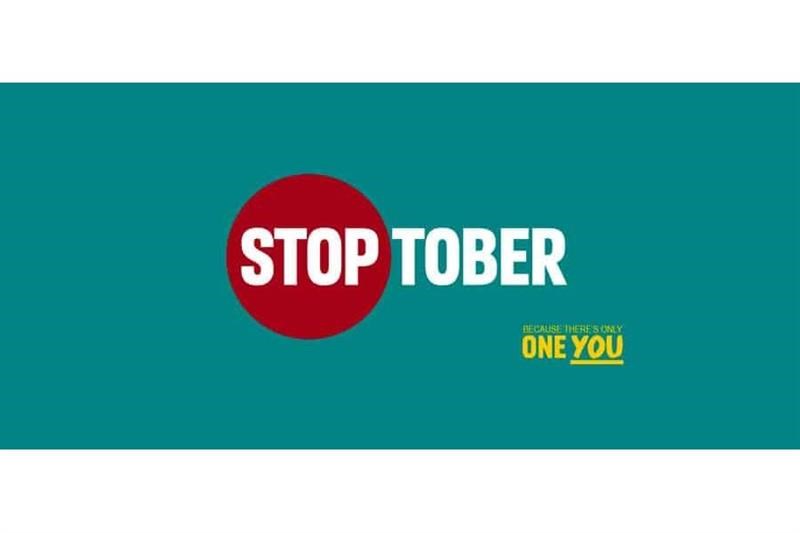Stoptober returns
Published: 16/10/2018
Patricia Rawsthorne, SBDN NW Ambassador Smoking Cessation Lead, reports on this month's Stoptober, a campaign originally launched in 2012.
This is a public health campaign that encourages people to quit smoking at a country level.
According to Public Health England, the campaign ‘has driven over one million people to attempt to quit smoking’ (PHE, 2017). Much of this work has been driven through local authorities, local health campaigns and national partnerships.
This campaign lets people choose the best way for them and offers support and guidance once they start their quitting journey. There are also local advice services and support groups and networks, so this journey can be made easier by not going it alone if that is a preferred way. Getting the appropriate support in this quitting journey is vital if it is to have the desired outcome.
According to PHE, smoking reinforces the inequalities in health, especially across the disadvantaged groups and living in deprived areas.
Notably, the NICE 2018 guidelines is also aligned to this and has a strong focus on vulnerable groups and individuals who find smoking cessation hard and who smoke a lot.
We cannot hide from the evidence that smoking is a contributory factor of many health related issues, including oral cancer and numerous other illnesses, diseases and conditions.
Smoking related illnesses have an impact on hospital admissions and death rates and have been attributed to some complications during pregnancy. Whilst the current statistics show that the number of younger people smoking has fallen, there appears to still be a large number of hospital admissions directly associated to smoking. Stopping smoking can also improve the associated symptoms of mental health, such as anxiety and depression.
The Society of British Dental Nurses encourages all dental nurses and oral health educators to get involved in smoking cessation work and offer help to those who want to quit and encourages those who are not ready to quit to take the first step.
Dental nurses and oral health educators are well placed to undertake this work, there is a resource bank on the PHE website – why not get involved this October?
Going cold turkey is a challenge, so give someone the support they need and you could help them quit.
Never miss an opportunity to provide very brief advice (VBA) based on the 3 As, advice that steers away from the traditional message of ‘stop smoking’ and fosters a more supportive approach.
The VBA approach recommends that a smoker is not asked how much they smoke or if they want to quit or what they smoke; these have the potential to raise anxiety and put the smoker on the defensive.
This approach should be used to establish and record the smoking status, advise on the best ways to stop and offering help given that evidence shows that a combination of treatment and support offers more of a successful result in quitting, with fewer quitting attempts.
Remember the 30-second intervention ‘Ask, Advise, Assist’ and once they become an ex-smoker help them stay that way – 30 seconds can save lives.
Patron Fiona Ellwood (Society of British Dental Nurses) encourages dental nurses and oral health educators to become a certified practitioner in smoking cessation, for further information visit National Centre for Smoking Cessation Training http://www.ncsct.co.uk/
References available
Author: Julie Bissett












.jpg?width=150&height=100&scale=canvas)
